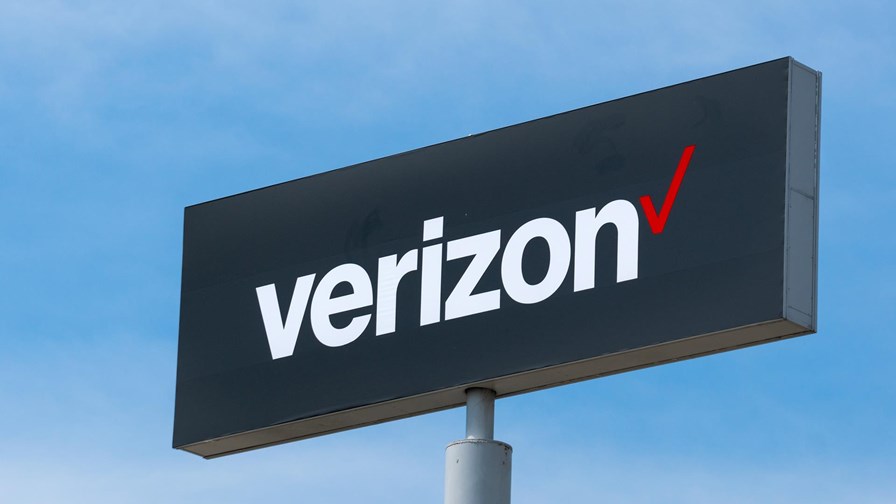
Via IBC - Ken Wolter / Shutterstock
- Verizon’s network security efforts
- Telefónica M&A deal falls through
- Broadband speed rankings… say what?
Verizon’s network security efforts and an undone deal in El Salvador are the choice picks in this news line-up.
Verizon has provided an update on some of the network security advances it has bene making as it rolls out its 5G network. It provides a lot of interesting info, but in particular the segment about the use of Security Network Accelerators to improve latency and efficiencies in an increasingly virtualized architecture seemed key. See the full announcement here.
América Móvil’s plan to acquire Telefónica’s operations in El Salvador for about $315 million have fallen through, with the two parties citing “the conditions to obtaining regulatory approval” as the reason for the breakdown of the deal.
Here’s the latest in a long line of national broadband speed comparisons. According to The Guardian, the UK is losing the race. In ‘Great Britain’ it takes a viewer on average 18 minutes to download a 5Gbytes movie, while in Spain it takes just 12 minutes. This UK viewer says “Who cares?” You won’t catch me waiting 18 minutes, or even 12, for a film to download. The Guardian may not have heard, but there’s this innovation called streaming… These comparisons are becoming completely meaningless and divorced from the real world with all their racing talk: the rankings, leapfroggings, laggards and so on. Who’s with us on that?
The UK government’s Department for Digital, Culture, Media and Sport (DCMS) says a programme to clear spectrum for use by mobile operators in the 700 MHz band has been completed and that Ofcom will now start proceedings to auction 80 MHz of capacity in this band for 5G services, most likely in early 2021. For more details, see this announcement.
The number of connected electric vehicle (EV) charging points in Europe and North America will reach 4.4 million by 2024, according to Berg Insight. The growth might be interesting for DSPs because of the technology and services required to support the charging effort via charging point operators: Europe currently has the most charging points with 0.6 million and North America comes in second with 0.3 million. More intelligence available from Berg.
TIM (Telecom Italia) has enabled customers to make outbound voice calls via their Google Nest smart home devices and using the same number as their smartphone account, thanks to voice software technology developed by Ericsson.
- The staff, TelecomTV
Email Newsletters
Sign up to receive TelecomTV's top news and videos, plus exclusive subscriber-only content direct to your inbox.




